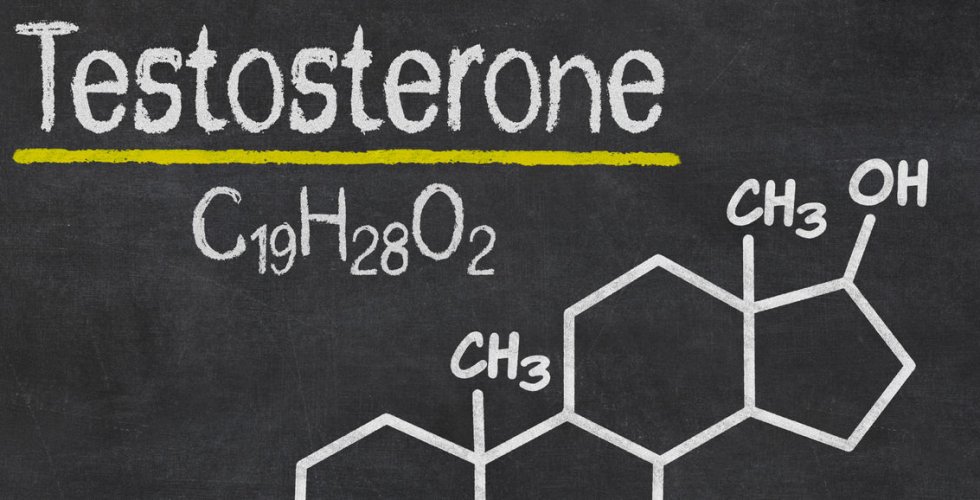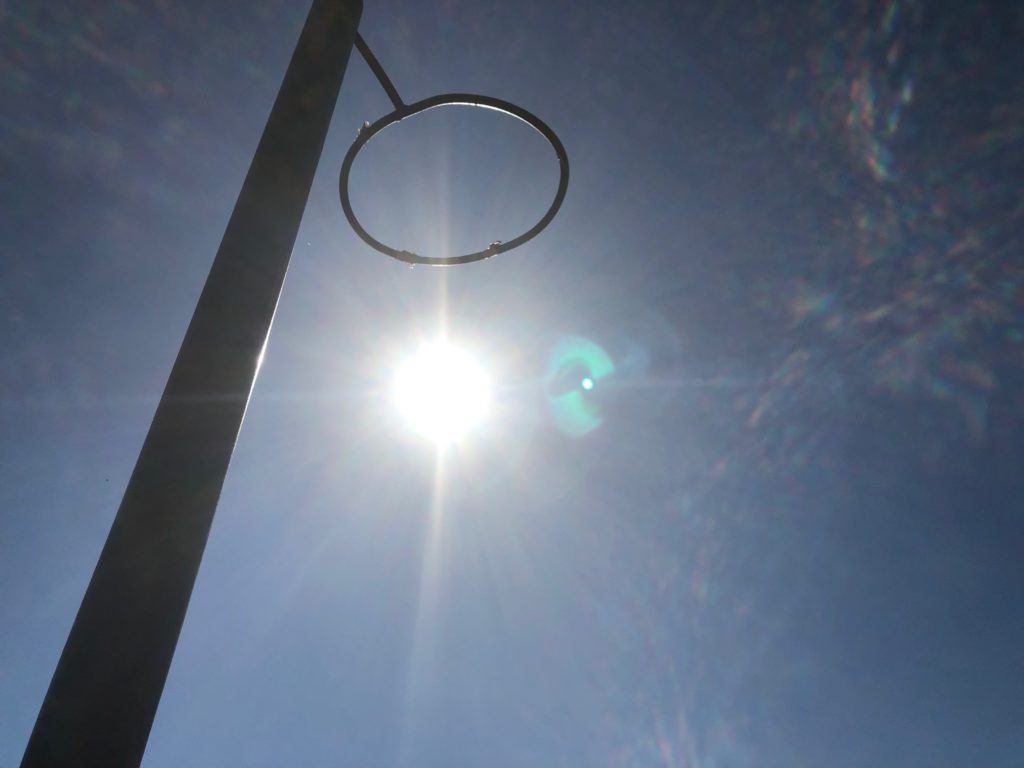
Testosterone and doping
Many trans guys and non-binary people assigned female at birth take testosterone to change their body. This can be a problem in sports, as testosterone is a prohibited substance.
Testosterone is often called male sex hormone, but most people, regardless of body, produce testosterone. The amount of testosterone varies in different types of bodies. Most people who are assigned male at birth produce a larger amount of testosterone and a smaller amount of estrogen, and most people who were assigned female produce a larger amount of estrogen and a smaller amount of testosterone.
Many trans guys and non-binary people who were assigned female at birth take testosterone to change their bodies. For some, the goal of taking testosterone is to make the body as typically male as possible. For others the goal can be that the body should feel and be perceived as more gender neutral or androgynous.
You can read more about testosterone at transformering.se.
Testosterone and sports

Testosterone is a prohibited substance and doping is forbidden and generally perceived as cheating.
According to WADA (World Anti-Doping Agency) doping is defined as a deceptive or misleading use of a substance or method that is potentially harmful to the athlete’s health and/or is capable of improving the athlete’s performance.
An athlete who uses testosterone can apply for exemption.
The rule of therapeutic use exemptions (TUE) makes it possible for athletes, who have to use prohibited substances for medical reasons, to practice their sport. The rules in Swedish sports are adapted to the demands of the World Anti-Doping Code.
At Antidoping Sveriges website, you can find out more about exemptions.
What is WADA?
WADA is an independent global fund with representatives from the olympic movement and governmental authorities.
WADA has the overall responsibility of producing the list of substances that contain forbidden preparations and methods.
All countries and sports that are connected to WADA follow their code/regulation WADC (World Anti-doping code). Connected to this code is the list of forbidden substances, where forbidden substances and methods are registered as well as rules for doping control, exemptions and residence reports. The list is revised on the first on January each year.
Anti-doping work in Sweden
The Antidoping Sverige is Sweden’s national anti-doping organisation and is responsible for the anti-doping work in Sweden.
The Swedish doping regulations and anti-doping work are regulated by the global rules of WADC. The goal of the anti-doping work is to secure all sports practitioners’ right to partake and compete in sports that are free from doping.
All members of a sports organisation are subject to Antidoping Sverige statutes and anti-doping regulations. Each individual athlete is responsible for knowing about and following the rules on doping. All specialist organisations should have their own anti-doping programs.
The Swedish anti-doping work in sports is led and coordinated by Antidoping Sverige, which is elected by Antidopingstiftelsen. The board members are independent sports organisations as the Swedish Sports Confederation, special sports confiderations and the Swedish Olympics Committee.
